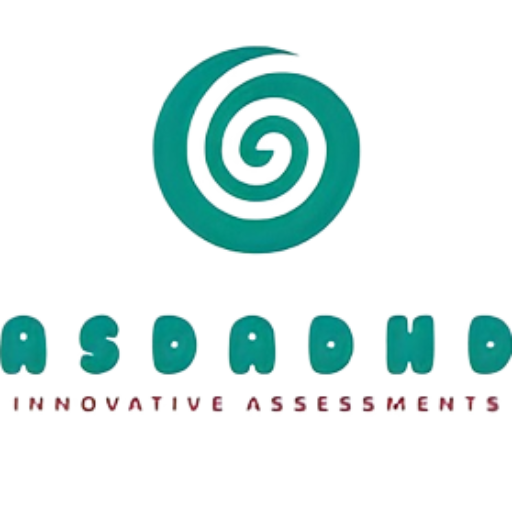Here are twenty frequently asked questions by parents about child ADHD diagnosis, along with answers based on current understanding and practices in the field
ADHD stands for Attention Deficit Hyperactivity Disorder. It is a neurodevelopmental disorder characterized by patterns of inattention, hyperactivity, and impulsivity that are not appropriate for a person’s age.
ADHD is diagnosed through a comprehensive evaluation that includes clinical interviews, behavioral assessments, and, in some cases, neuropsychological testing. This evaluation is often conducted by a psychologist, psychiatrist, or pediatrician specializing in ADHD.
Signs of ADHD can include difficulty paying attention, frequent daydreaming, difficulty following through on instructions, problems organizing tasks, fidgeting, talking excessively, impatience, and acting without much consideration for consequences.
Children can be diagnosed as early as age 4. However, symptoms must be observed in more than one setting (e.g., both at home and school) and for at least six months.
No, ADHD is not caused by poor parenting. It is a neurodevelopmental disorder with contributions from genetic and environmental factors.
While diet does not cause ADHD, certain dietary changes can help manage symptoms for some children. Reducing sugar and processed foods and increasing omega-3 fatty acids may be beneficial, but these changes should not replace standard treatments.
Yes, there are non-medication treatments such as behavioral therapy, cognitive-behavioral therapy (CBT), social skills training, and parent training programs that can be effective, especially in younger children or as a complement to medication.
Not always. The necessity of medication depends on the severity of symptoms and their impact on daily functioning. Some children do well with behavioral interventions alone.
Stimulant medications, such as methylphenidate and amphetamines, are most commonly prescribed for ADHD. Non-stimulant medications, like atomoxetine, are also used.
Work closely with your child’s teachers to understand their needs. Implementing an Individualized Education Program (IEP) or 504 Plan can provide accommodations that help your child learn more effectively.
Absolutely. With the right support and treatment, children with ADHD can achieve success in school, careers, and personal relationships.
ADHD is a lifelong condition for many people, but symptoms can change over time. Some individuals may find that their symptoms lessen in adulthood.
Historically, ADHD has been diagnosed more frequently in boys, but recent research suggests that it may be underdiagnosed in girls. Girls often display less overt hyperactivity and more inattentiveness, which can be overlooked.
ADD (Attention Deficit Disorder) is an outdated term that used to describe individuals with ADHD who have significant inattention but not hyperactivity. Now, ADHD is the broad term that includes various subtypes.
There is no cure for ADHD, but its symptoms can be effectively managed with treatment.
Children with ADHD may struggle with social cues and impulse control, leading to challenges in making and maintaining friendships. Social skills training can help.
If you suspect your child has ADHD, consult with a pediatrician or a child psychologist/psychiatrist who can guide you through the assessment process.
Establish a routine, create a quiet and organized workspace, use clear and consistent rules and rewards, and offer positive reinforcement for desired behaviors.
Yes, adults can be diagnosed with ADHD. Some adults seek diagnosis after recognizing symptoms in their children or learning more about the disorder.
Many resources are available, including ADHD support groups, educational materials from reputable organizations, and professionals specializing in ADHD management.
We offer comprehensive assessments for ADHD and Autism Spectrum Disorder (ASD), including diagnostic evaluations, cognitive assessments, behavioral observations, and interviews with caregivers.
The duration of the assessment process can vary depending on individual needs and the complexity of the case. Typically, assessments can range from a few hours to several sessions conducted over a few weeks.
Our assessment team consists of experienced professionals from various disciplines, such as psychologists, psychiatrists, pediatricians, occupational therapists, and speech-language pathologists.
These FAQs aim to provide a starting point for parents seeking information about ADHD in children. It’s important to consult with healthcare professionals for personalized advice and treatment options.
